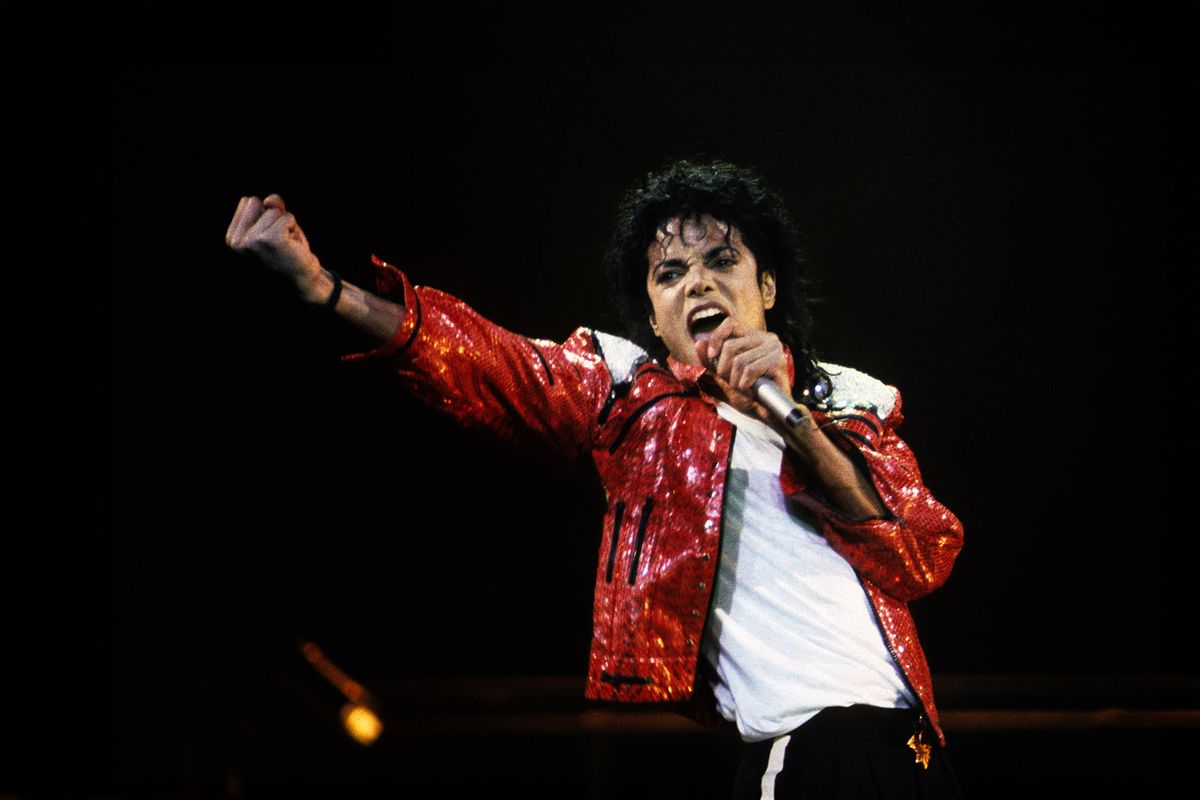Michael Jackson's estate is fighting to block an auction house from selling the singer's unreleased music.
According to Complex, sourcing intel first reported on by TMZ, the auction house Gotta Have Rock and Roll is auctioning off two unreleased cassette tapes containing 12 previously unheard tracks from the late pop star. However, Jackson's estate has condemned the sale, calling it a "sad attempt by an auction site to mislead the public."
The tracks were recorded in the late '80s and early '90s, prior to the release of Jackson's "Dangerous" album, in collaboration with music producer Bryan Loren, who provided the tapes for the auction. The bidding starts at $85,000, but the auction house estimates that the final sale price could range from $150,000 to $200,000.
However, the estate told TMZ that the cassettes are not originals but recordings of the masters that the estate owns. This means the buyer cannot publically share the music due to the estate's ownership. Jackson's estate called the tapes, “a long-outdated format.”
Gotta Have Rock and Roll’s president, Dylan Kosinski, said that the “cassettes are more valuable because they can't be reproduced or released to the public.”
Kosinski emphasized that the auction is a "bigger deal" because the estate still owns the original masters.
Despite the estate's objection, the auction house and Kosinski will continue with the sale on Wednesday, Feb. 19.
Last December, unreleased tracks from Jackson were discovered in a storage unit in the San Fernando Valley. The Jackson Estate said that they did not claim ownership of the tape but whoever purchases the recordings or compositions does not own the copyright, the estate does.



Shares